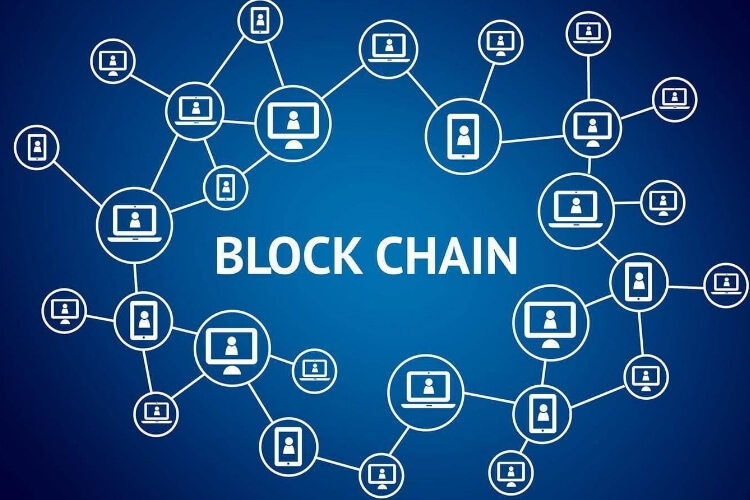The Blockchain is regarded as the primary precursor of the impending fourth technological revolution. Although associated mainly with the Bitcoin payment system, the blockchain technology is nevertheless a full-fledged element in the world of finances, that allows for fee-free and fast transfer of funds.
Thus, blockchain technology has already been successfully utilized in many different fields: supply chain management and healthcare, art and entertainment. So let us speculate, whether with similar success Blockchain could contribute to the world’s demographic situation? Surprisingly, it well could! Let us take a look at how.
So what is Blockchain?
In essence, Blockchain is a digital ledger, composed of interrelated blocks. Each block bears the imprint of the preceding one, as well as its own data. The Blockchain technology was initially designed to serve Bitcoin transactions, that is why the association is so strong. However, at this point, technology has more to it than supporting and validating crypto operations. Aside from that, Blockchain can transmit healthcare data and process smart contracts to carry out deals faster, applying the pre-set arrangements. Although previously used in the realm of hefty funds and crypto exchange, Blockchain can well help out the poorest alleviate their lives in the ways, set out below.
Providing cheap and fast funds remittance
In the light of the migration crisis which struck Europe several years ago, loads of migrants had to leave their homes for developed countries to support their families financially. Economic migrants usually send a part of their salaries to the families, spending large amounts on unaffordably high fees charged by bank institutions. According to Bart Smith, the Wall Street big shot, Blockchain could make international money transfers a cakewalk for economic migrants.
As a matter of fact, such blockchain-backed transmission services as BitSpark (Hong Kong) charge about 1% of the large amounts of the funds transferred, which is substantially lower than usual bank rates.
Simplifying Paperwork
It always comes with a lot of struggle for the poorest to afford reasonable healthcare facilities as they cost considerably. Insurance companies are known to charge substantial amounts for the administrative services they provide. Use of Blockchain could help avoid paying huge fees and administrative charges. With the help of smart contracts function, it is possible to make relevant documents without addressing officials and employees to get an endless number of approvals through different levels of authorities. Using Blockchain could bring the cost down, and insurance policy could become affordable for the poor.
Delivering Humanitarian Aid
Human poverty usually happens in areas with ongoing war conflicts. People live in the states, which are being destroyed by the atrocities of war, people receive miserable aid from the state governments. Even when such international organizations as UN kick in to deliver humanitarian aid to the population, the funds allotted for aid, often end up in the hands of local authorities or aid officers themselves.
Blockchain could solve this problem by closely monitoring and tracing fund usage and direct aid efforts in the right ways. For instance, Blockchain is already used in the UN World Food Program “Building Blocks,” carried out in Sindh, Pakistan. The UN workers utilize Blockchain to monitor, validate, and support financial aid to the poor people, suffering from the war conflict. Besides that, the Jordan refugee camp also is also managed by Blockchain.
Bringing financial services to the poor
According to the World Bank data, about 2 billion people all over the world do not have a bank account or cannot get bank services. With the use of Blockchain, bank services can help provide the poorest with access to the cryptocurrencies and operate their assets in a fee-free and fast payment system.
Providing the poor with Internet access
While the world net is now considered an inalienable part of everyone’s life, the poorest areas of the globe are still torn apart from this basic appliance of a modern human. One of the reasons for that is the poor financial support of the alienated regions in the Eastern world.
However, at this point, ideas are wandering about creating a blockchain-based world network by Metahash. This net will not depend on individual creators it will be managed by #MetaHashCoins holders users’ voting. With the advent of free economy and blockchain-based systems, such tokens of the modern world will genuinely become unconditional appliances. So we could well expect, the internet really to become a global network in full meaning of this word.
These are only some of the ways, how Blockchain could help out the poor, by making them adjacent to the modern financial technologies. If used effectively, Blockchain has all the potential to bring about a drastic change in the lives of the poorest and how they use the services and consume goods.
There are no doubts that technologies are on their way to make the life of everyone better!
